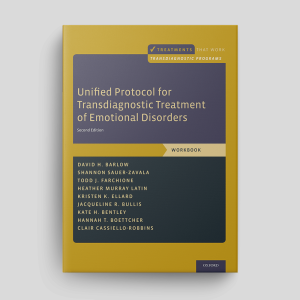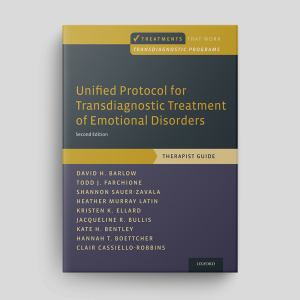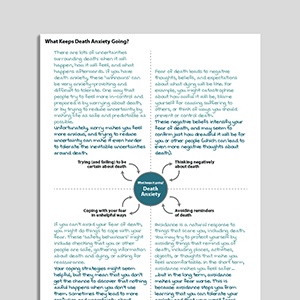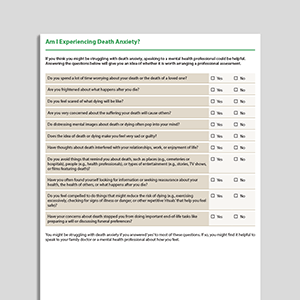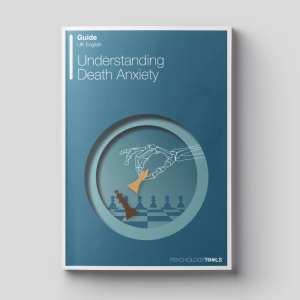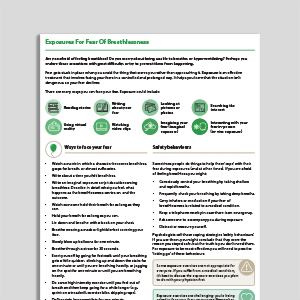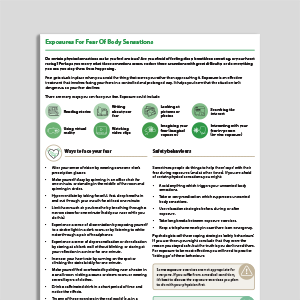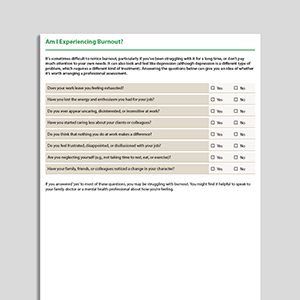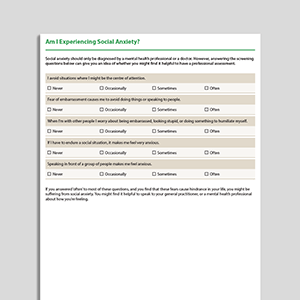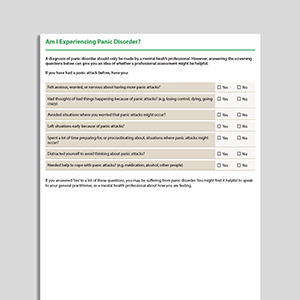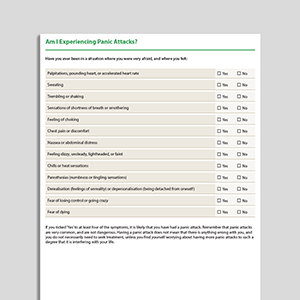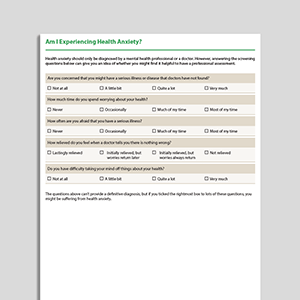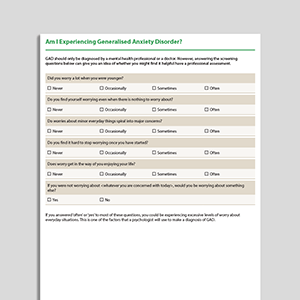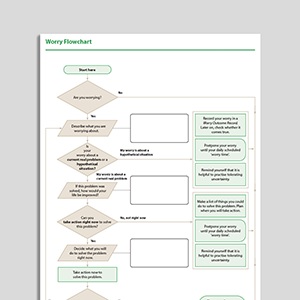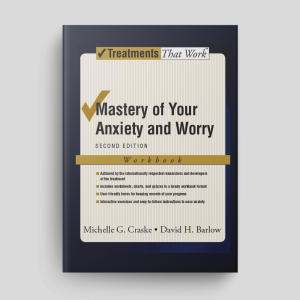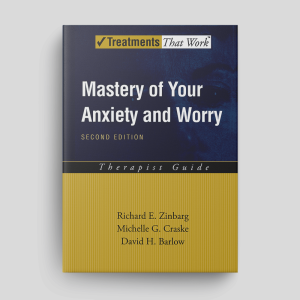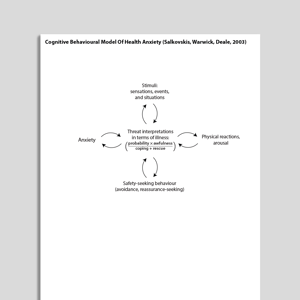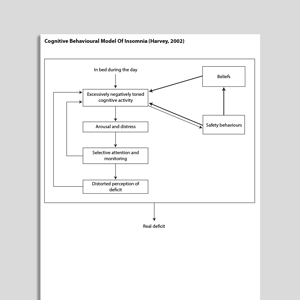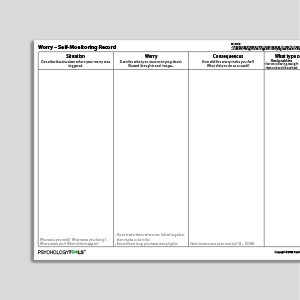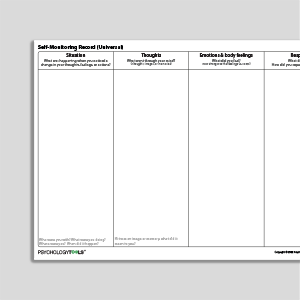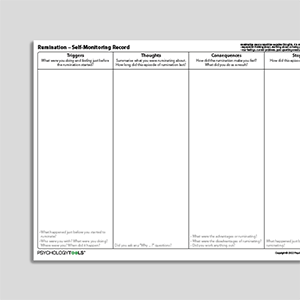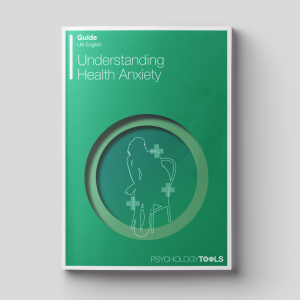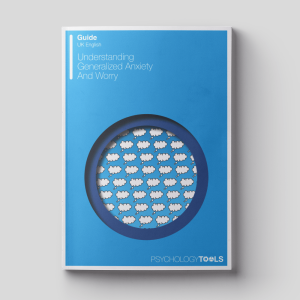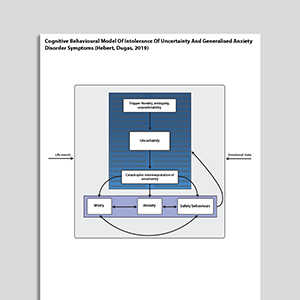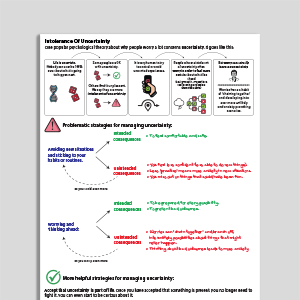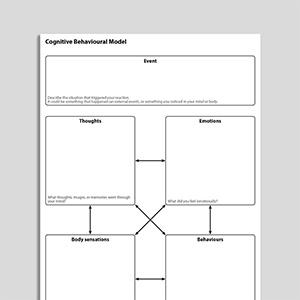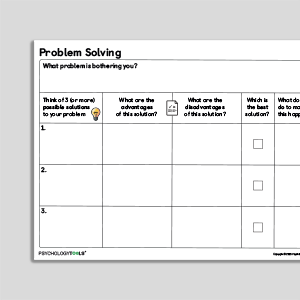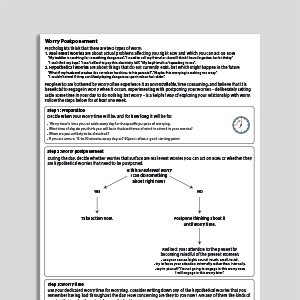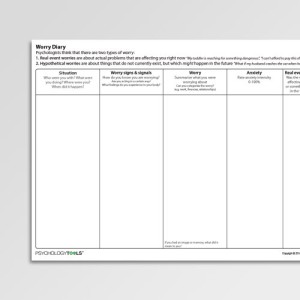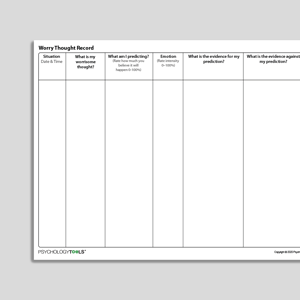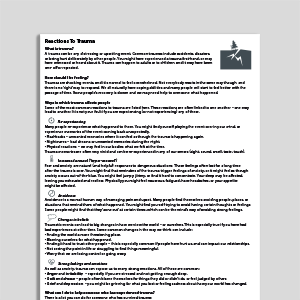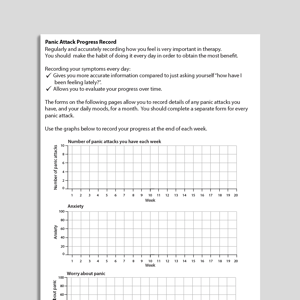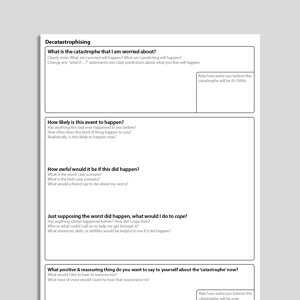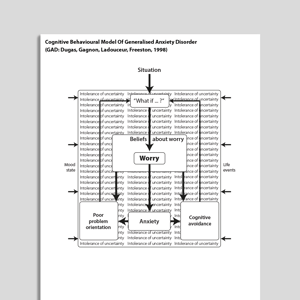Worry
Human beings experience a wide variety of repetitive thoughts about themselves and their lives, not all of them negative. Reminiscing, savoring, anticipating, problem-solving, and emotional processing are positive examples of repetitive thinking, and go some way to explaining why we have the propensity to engage in repetitive thought. Some types of repetitive thought are unhelpful, though—even harmful. Rumination and worry are two key forms of unhelpful repetitive thought and use of these can predict anxiety and depression (Watkins, 2016). We can conceptualize repetitive thinking about the future as ‘worry,’ and repetitive thinking about the past as ‘rumination.’ They are maintenance factors in conditions such as generalized anxiety disorder and depression (Harvey et al, 2004).
Showing 1 to 34 of 34 results
Unified Protocol for Transdiagnostic Treatment of Emotional Disorders (Second Edition): Therapist Guide
Unified Protocol for Transdiagnostic Treatment of Emotional Disorders (Second Edition): Therapist Guide
What Keeps Death Anxiety Going?
What Keeps Death Anxiety Going?
Am I Experiencing Death Anxiety?
Am I Experiencing Death Anxiety?
Understanding Death Anxiety
Understanding Death Anxiety
Exposures For Fear Of Breathlessness
Exposures For Fear Of Breathlessness
Exposures For Fear Of Body Sensations
Exposures For Fear Of Body Sensations
Am I Experiencing Social Anxiety?
Am I Experiencing Social Anxiety?
Am I Experiencing Panic Disorder?
Am I Experiencing Panic Disorder?
Am I Experiencing Panic Attacks?
Am I Experiencing Panic Attacks?
Am I Experiencing Health Anxiety?
Am I Experiencing Health Anxiety?
Am I Experiencing Generalized Anxiety Disorder (GAD)?
Am I Experiencing Generalized Anxiety Disorder (GAD)?
Mastery Of Your Anxiety And Worry (Second Edition): Workbook
Mastery Of Your Anxiety And Worry (Second Edition): Workbook
Mastery Of Your Anxiety And Worry (Second Edition): Therapist Guide
Mastery Of Your Anxiety And Worry (Second Edition): Therapist Guide
Cognitive Behavioral Model Of Health Anxiety (Salkovskis, Warwick, Deale, 2003)
Cognitive Behavioral Model Of Health Anxiety (Salkovskis, Warwick, Deale, 2003)
Cognitive Behavioral Model Of Insomnia (Harvey, 2002)
Cognitive Behavioral Model Of Insomnia (Harvey, 2002)
Worry – Self-Monitoring Record
Worry – Self-Monitoring Record
Self-Monitoring Record (Universal)
Self-Monitoring Record (Universal)
Rumination - Self-Monitoring Record
Rumination - Self-Monitoring Record
Understanding Health Anxiety
Understanding Health Anxiety
Understanding Generalized Anxiety And Worry
Understanding Generalized Anxiety And Worry
Cognitive Behavioral Model Of Intolerance Of Uncertainty And Generalized Anxiety Disorder Symptoms (Hebert, Dugas, 2019)
Cognitive Behavioral Model Of Intolerance Of Uncertainty And Generalized Anxiety Disorder Symptoms (Hebert, Dugas, 2019)
Intolerance Of Uncertainty
Intolerance Of Uncertainty
Cognitive Behavioral Model Of Generalized Anxiety Disorder (GAD: Dugas, Gagnon, Ladouceur, Freeston, 1998)
Cognitive Behavioral Model Of Generalized Anxiety Disorder (GAD: Dugas, Gagnon, Ladouceur, Freeston, 1998)
Links to external resources
Psychology Tools makes every effort to check external links and review their content. However, we are not responsible for the quality or content of external links and cannot guarantee that these links will work all of the time.
Guides and workbooks
- Dealing with worry in low intensity CBT | Chellingsworth, Farrand, Rayson | 2013
Information Handouts
- 11 Steps To Stop Ruminating | Jay Uhdinger
-
Generalised anxiety and worry - information sheets
| Centre For Clinical Interventions
- What Is Generalised Anxiety?
- What Is Mindfulness?
- Mindfulness and Letting Go
- How Worry Works
- Postpone Your Worry
- Accepting Uncertainty
Information (Professional)
- Get out of the TRAP and back on TRAC (for rumination and worry) | GoodMedicine
Presentations
- The how and why of rumination and worry | Watkins | 2012
- Targeting rumination by changing processing style: experiential and Imagery exercises | Watkins | 2011
- Unwanted intrusive thoughts | David Clark | 2019
Video
- Stopping spam from going bad | Blake Stobie | 2016
Worksheets
- Ruminating thought worksheet: What to do when thoughts are unhelpful
-
Generalised Anxiety And Worry (Worksheets)
| Centre For Clinical Interventions
- Postpone Your Worry
- Letting Go With Mindfulness
- Accepting Uncertainty
- Challenging Intolerance of Uncertainty
Recommended Reading
- Watkins, E. R. (2008). Constructive and unconstructive repetitive thought. Psychological Bulletin, 134(2), 163-206
- Watkins, E. R. (2009). Depressive Rumination and Co-Morbidity: Evidence for Brooding as a Transdiagnostic Process. Journal of Rational-Emotive Cognitive Behaviour Therapy, 27, 160-175
- Watkins, E. R. (2016). Rumination-focused cognitive-behavioral therapy for depression. Guilford Publications.
What Are Rumination And Worry?
Disorders That Are Associated with Rumination and Worry
generalized anxiety disorder (GAD)
depression
social anxiety
post-traumatic stress disorder (PTSD)
pain
eating disorders
insomnia
psychosis
Helpful Questions for Assessing Rumination and Worry
How often do you find yourself ruminating or dwelling on your problems?
When do you tend to do most of your worrying or ruminating?
What are the consequences of ruminating and worrying for you? How does it make you feel?
Are there any particular feelings that are warning signs that you might worry?
What tends to stop your ruminating?
Treatment Approaches That Target Rumination and Worry
A variety of treatment approaches have been identified that target rumination and worry. These include:approaching uncomfortable thoughts and feelings rather than avoiding them;
imaginal exposure to a ‘worry script’ or ‘worry story’;
processing information at a more concrete and less abstract level;
identifying and challenging positive and negative metacognitive beliefs that may contribute to repetitive thinking.
References
Harvey, A. G., Watkins, E., Mansell, W., & Shafran, R. (2004). Cognitive behavioural processes across psychological disorders: A transdiagnostic approach to research and treatment. New York: Oxford University Press.
Watkins, E. R. (2016). Rumination-focused cognitive-behavioral therapy for depression. New York: Guilford Press.
